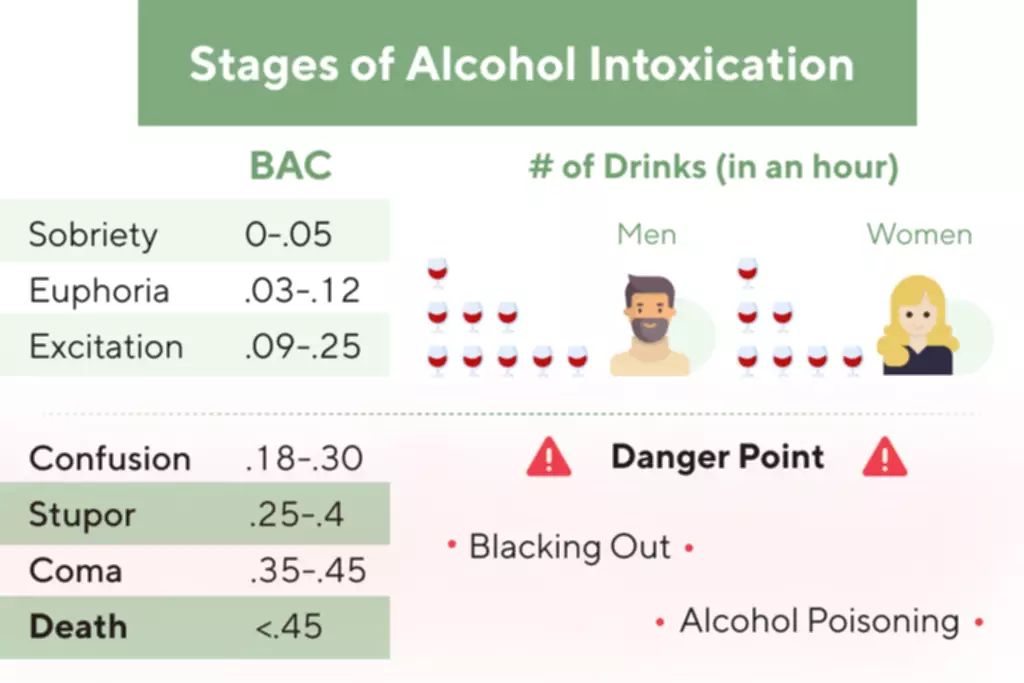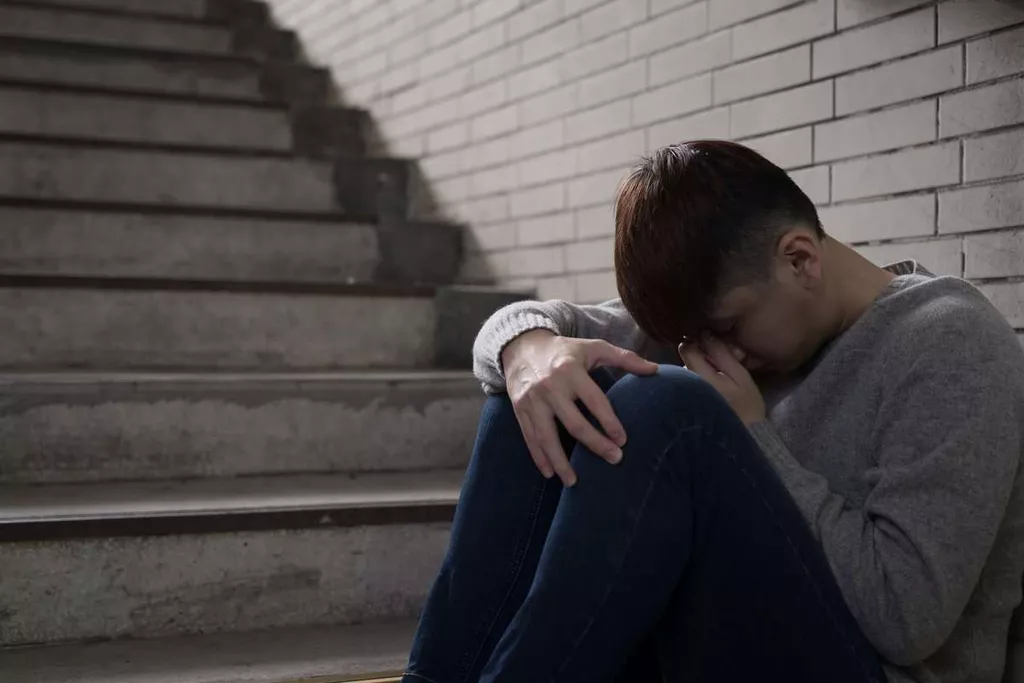
Physical accidents are also a risk during withdrawal due to impaired coordination and mental confusion. Psychological complications such as severe anxiety and depression may arise, necessitating immediate medical attention. To minimize these risks, it is advised to reduce alcohol intake gradually under a doctor’s supervision rather than stopping abruptly.
- If your goal is long-term sobriety, you should consider this as an option, even when life without alcohol seems to get better.
- The absence of alcohol allows the body to better regulate chemicals that affect mood.
- We all see ourselves in certain ways and get stuck in our routines.
- When someone stops drinking, changes in sleep and energy levels are often noticeable.
- Alcohol is known to damage major organs, especially the liver, but quitting drinking has been shown to heal the liver and restore functioning.
Scan the QR code to get started!
To make the most of this, we recommend setting meaningful goals and practical sobriety strategies to help you pursue them consistently. Choosing sobriety is an opportunity for personal https://ecosoberhouse.com/ growth and self-discovery. Use the time and energy you once spent on drinking to explore new passions, deepen existing relationships, and nurture your overall well-being. Honesty and open communication are your greatest allies in navigating social settings while sober. Talk to your close friends and family about your decision to stop drinking.

How Long for Hormones to Balance After Quitting Alcohol?
- When your body breaks down alcohol, it triggers the release of hormones like estrogen and histamine.
- There is no one-size-fits-all timeline to quitting alcohol, unfortunately.
- Alcohol cravings may continue to arise well into week 2 and beyond, and are likely to be strongest at a particular time each day.
- It can be hard to find (or even know) the balance of how much alcohol your body is able to handle.
Consuming excessive amounts of alcohol increases your risk of suffering from poor sleep quality. When people want to lose weight, skipping their favorite sugary foods or hitting the gym a bit more is often the first step. Once the initial symptoms of withdrawal have subsided, you may find that you have more energy than you did before you stopped drinking. This is because alcohol is a depressant, so when it’s no longer in your system, your body has more energy to work with. Plus, improved blood circulation enhances arousal and sensitivity. Never mind that mental focus (also mentioned above) can foster stronger emotional and physical connections—getting you out of your head and into your body to enjoy sexual experiences more.
What Causes Withdrawal?
There is no one-size-fits-all timeline to quitting alcohol, unfortunately. It’s why you feel extra jumpy and anxious after a night of heavy drinking (i.e., hangxiety). Usually, when people drink large quantities of alcohol, they either don’t eat very much or don’t eat healthy food.
Physical Benefits
This means that it slows down brain functioning and neural activity. (It’s no wonder we feel so chilled out after a glass of wine.) Unfortunately, though a drink can give you that nice, relaxed vibe, it can ultimately sap you of energy when you want or need it. Because this is such a vulnerable time, and your risk of relapse is high, most people enroll in an alcohol detox program at this stage of recovery. This will keep you safe and sober and empower you to have a constructive, successful recovery. The body has an incredible ability to heal itself when given time and the right conditions.

But in case you’ve been suspecting that you’re doomed or you’re losing your mind, it can be very helpful to be aware of the GABA/glutamate mechanism. Those in recovery from alcohol abuse or addiction are right to feel an immense sense of pride at achieving one year of sobriety. While recovery is a lifelong journey, after one year the chance of relapse is greatly reduced and your improved health and well-being should provide major motivation to stay the course. I’ve had the most productive and healthiest years of my life since I quit drinking.
- If you fall into the category of heavy drinker (as so many of us do), then your first week may go a bit differently.
- While your liver and stomach can usually rebound if you stop drinking, with inflammation comes an increased cancer risk over time.
- By days 4 to 6 after quitting alcohol, most of the major physical withdrawal symptoms should start to subside.
How to Improve Your Chances of Success in Early Recovery from Addiction?
These benefits range from enhanced interpersonal relationships and job performance to improved mental and physical health. Mentally, you’ll likely experience enhanced clarity and concentration as the fog of alcohol’s impact on the brain lifts. Whilst what is alcoholism withdrawal symptoms such as cravings and lethargy can last a couple of weeks, they begin to fade considerably by this point. Within the first few days of giving up alcohol, your body should begin to respond positively.

If you’re not ready to completely give up your spirits, know that reducing your alcohol intake can also have major health benefits. Quitting alcohol significantly improves heart health by lowering blood pressure and improving overall circulation—ultimately reducing the risk of heart disease. After all, alcohol can lead to high blood pressure and arrhythmias, weakening your heart muscles over time and increasing your risk of a heart what happens when you stop drinking alcohol attack or stroke. Although we often turn to a glass of wine or a stiff martini to feel better, the irony is that drinking can have both short- and long-term negative effects on mood. Since alcohol floods the brain with dopamine, which influences how we feel pleasure, the „rush” of this feel-good chemical can cause anxiety to flare up as soon as the levels begin to drop. Enjoying alcohol socially in reasonable amounts can boost your mood and help you bond with others.


